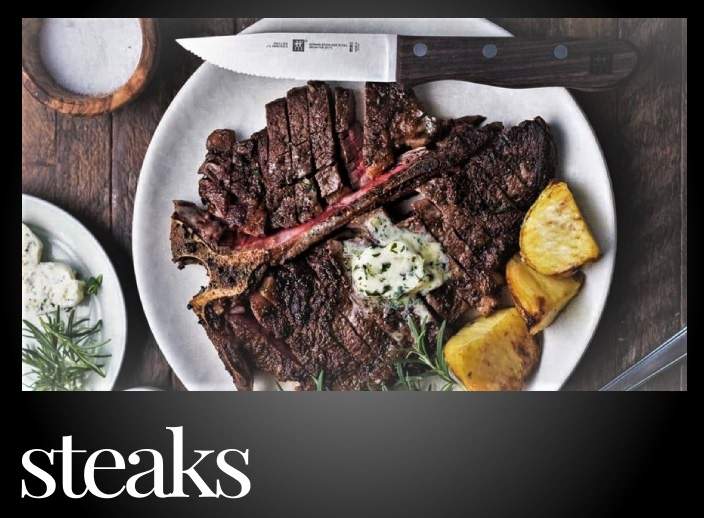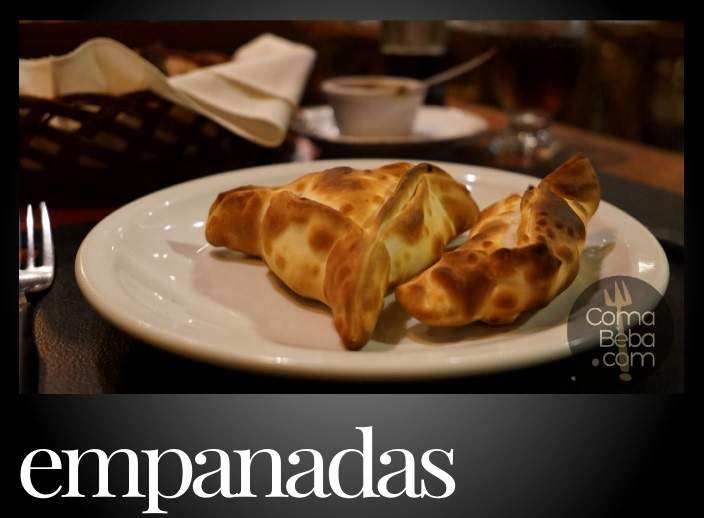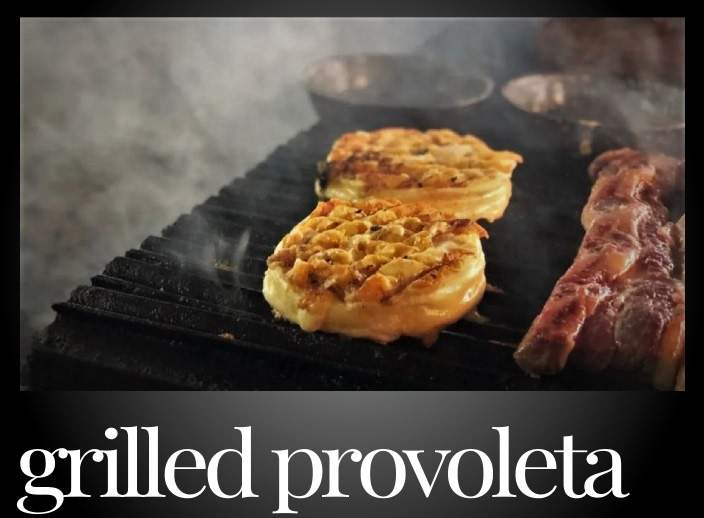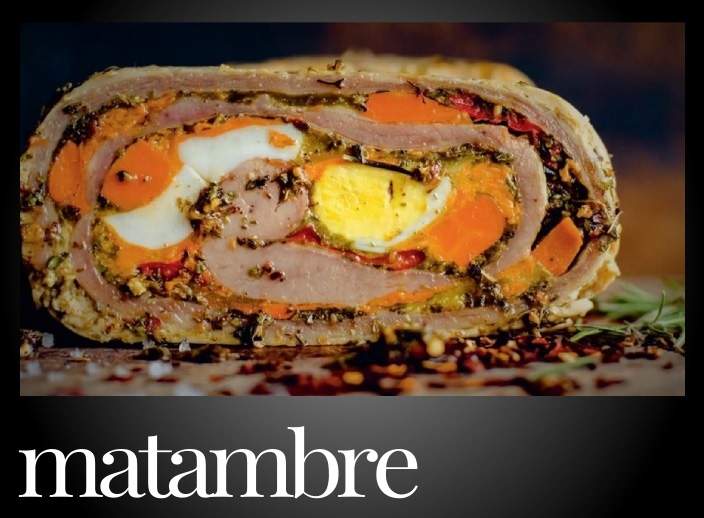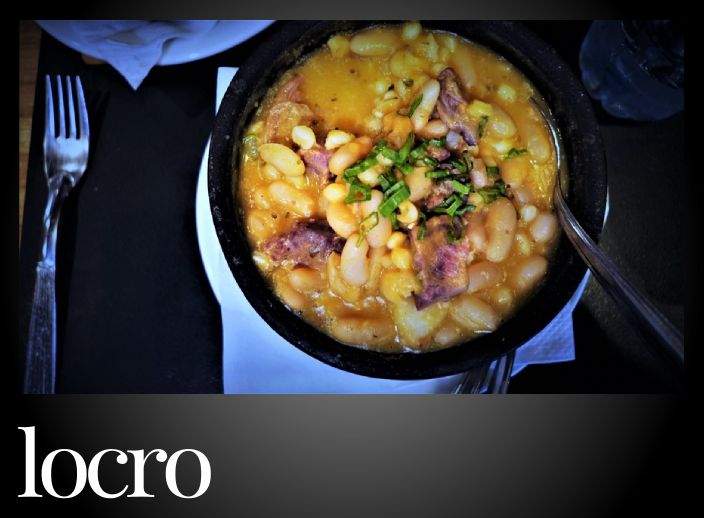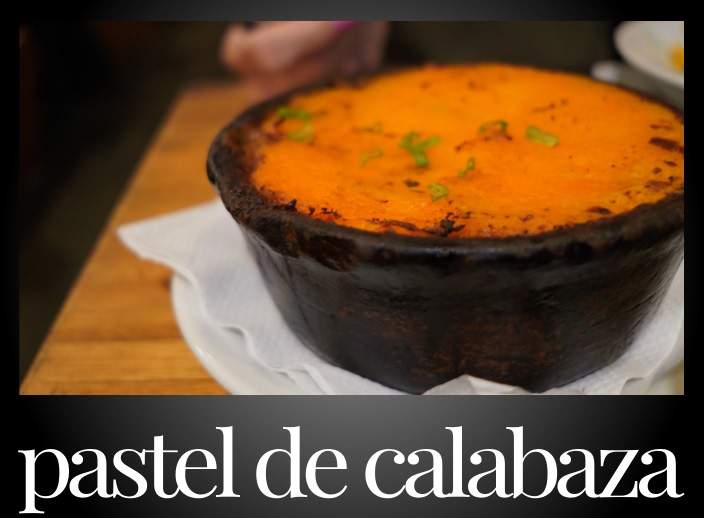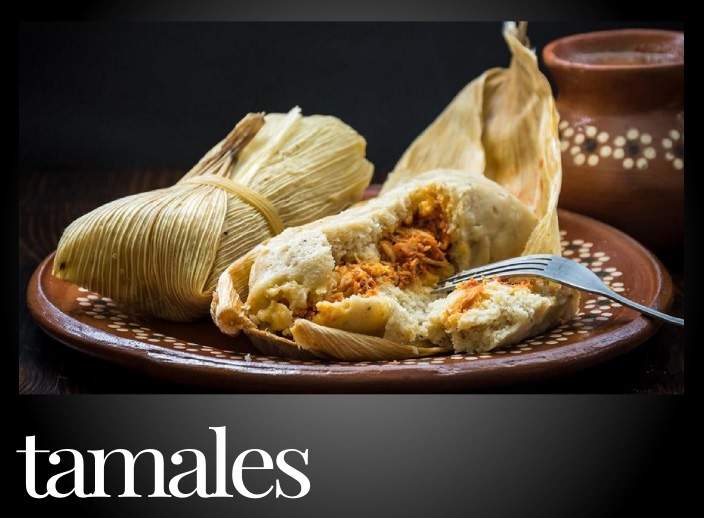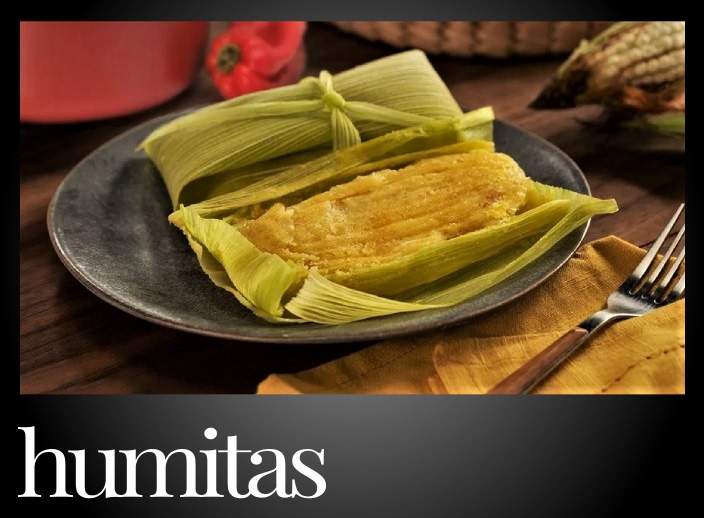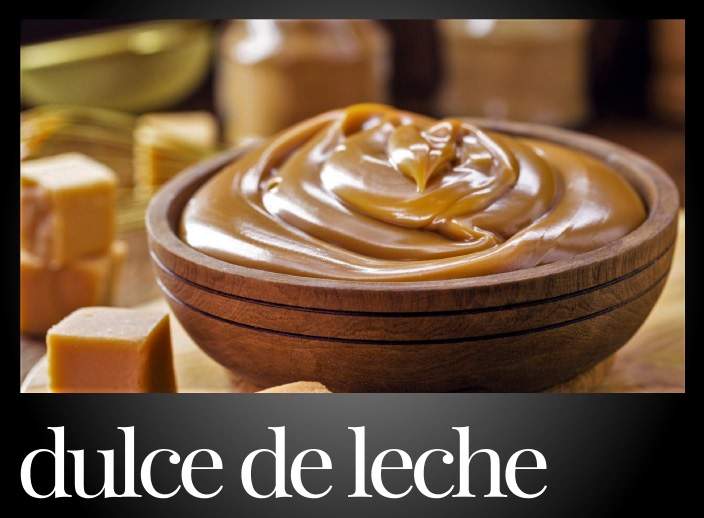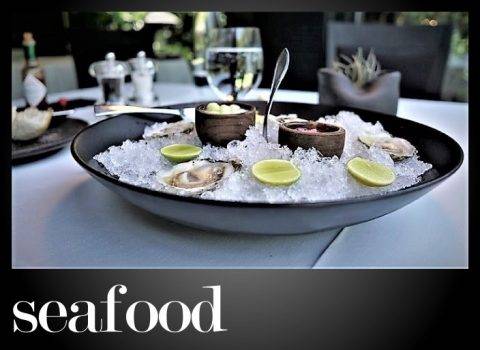Iconic Foods of Argentine Cuisine
and where to find them
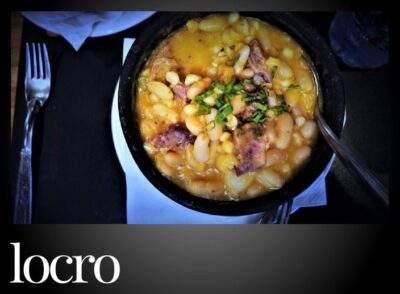
Argentine locro is a hearty stew that is considered one of the most traditional and representative dishes of Argentine cuisine. The dish has its roots in the pre-Columbian era and is made with a variety of ingredients, including white corn, beans, beef, pork, and sausages, along with vegetables such as onion, squash, and bell pepper. The stew is usually seasoned with paprika, cumin, and other spices, and is cooked slowly over low heat for several hours, allowing the flavors to meld together. Argentine locro is often served on special occasions and national holidays, such as Independence Day, and is best enjoyed with a side of crusty bread or empanadas.
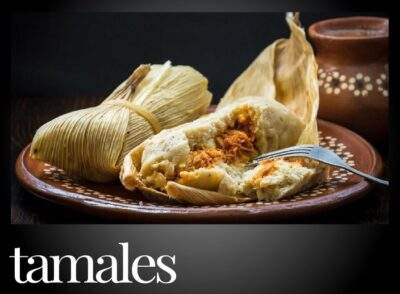
Argentine tamales, also known as tamales salteños, are a type of tamal that originate from the Salta region of Argentina. They are made from a mixture of ground corn, pork or beef, onions, spices, and sometimes potatoes or other vegetables, which is wrapped in a corn husk and steamed until cooked through.
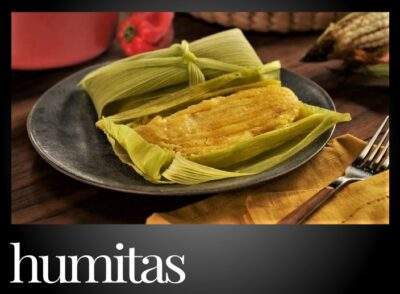
Humitas are a traditional South American dish made from ground corn, spices, and other flavorings, wrapped in corn husks and steamed or boiled. They are similar to tamales in that they are both made from corn and wrapped in husks, but humitas are typically sweeter and creamier than tamales, and may contain cheese or other fillings.
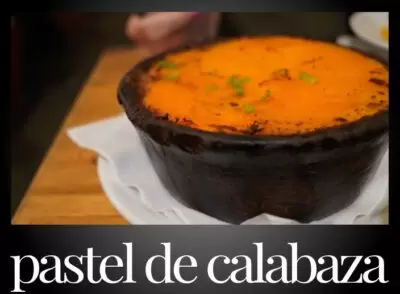
Pastel de calabaza in Argentina is indeed similar to cottage pie, but it is made with mashed pumpkin instead of mashed potatoes as the top layer. The filling typically consists of ground beef, onions, garlic, and a variety of vegetables such as carrots and bell peppers, seasoned with herbs and spices such as cumin and paprika. The mashed pumpkin layer on top adds a slightly sweet and creamy contrast to the savory filling.

Argentina is the world's largest consumer of beef. The country consumes 48 kg per year per capita, exceeding its closest competitor, the United States, by a formidable 27%. So it's no surprise the country's capital city, Buenos Aires, loves to eat beef. Eating grilled steaks in Buenos Aires is a passion only exceeded by the city's obsessive addiction to "fútbol" (soccer).
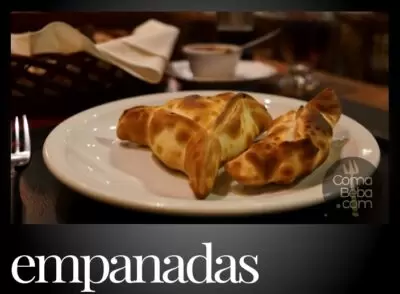
Argentine empanadas are a type of pastry filled with various savory ingredients, such as beef, chicken, or vegetables, and are a popular snack or meal throughout Argentina. Empanadas from the province of Tucumán are particularly famous for their unique fillings, such as goat meat or sugar-coated sweet potatoes.

Provoleta a la parilla is a mouthwatering dish that is a favorite of many in Argentina and other South American countries. It consists of a thick slice of provolone cheese that is grilled over an open flame until it's melted and slightly charred on the outside. The cheese is typically seasoned with oregano, red pepper flakes, and sometimes garlic before being placed on the grill. As the cheese melts, it becomes gooey and delicious, with a rich, smoky flavor that is hard to resist. Provoleta a la parilla is often served as an appetizer or side dish, accompanied by crusty bread, grilled vegetables, or a simple salad. It's a simple yet satisfying dish that is perfect for sharing with friends and family over a casual outdoor meal or barbecue.
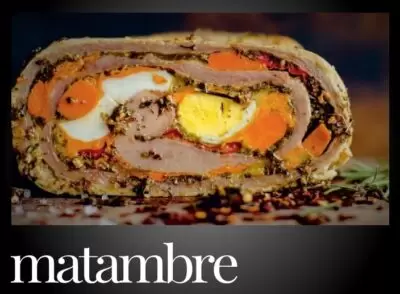
Matambre is a popular Argentinean dish made from a thin cut of beef that is filled with vegetables, eggs, and spices, then rolled and cooked on the grill or in the oven. The name "matambre" translates to "hunger killer" in Spanish, and it is often served as a main course or appetizer.

Although porteños prefer to eat sitting down, rather than standing on the sidewalk, like their countparts in Mexico City, there is one favored hand-held food in Buenos Aires that just might classify as a "street food", the ubiquitous "choripan", a beef and pork sausage on a bun slathered with either mayo or chimichurri, the country's iconic, spice condiment.

An alfajor is a traditional Latin American sweet treat that consists of two soft, crumbly cookie-like layers filled with dulce de leche, and often covered in chocolate or powdered sugar. It is similar to a sandwich cookie, but with a softer texture and a rich, caramel-like filling.

Porteños, the name given to the residents of Buenos Aires, eat an exhoribitant amount of croissants, which they call medialunas, giving Parisians a run for their money in this category. It's difficult to walk more than a block in the city's most central urban neighborhoods without finding a café that's dishes out plenty of espresso coffee with a medialuna on the side.

